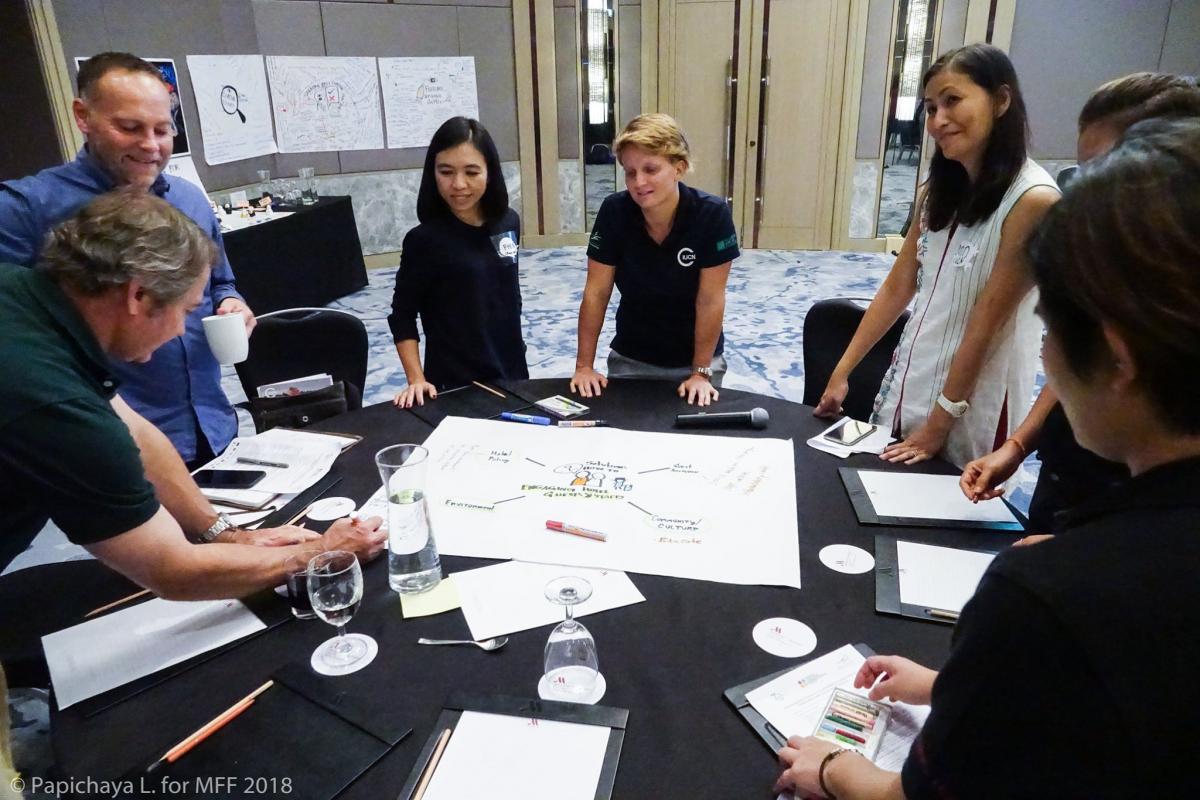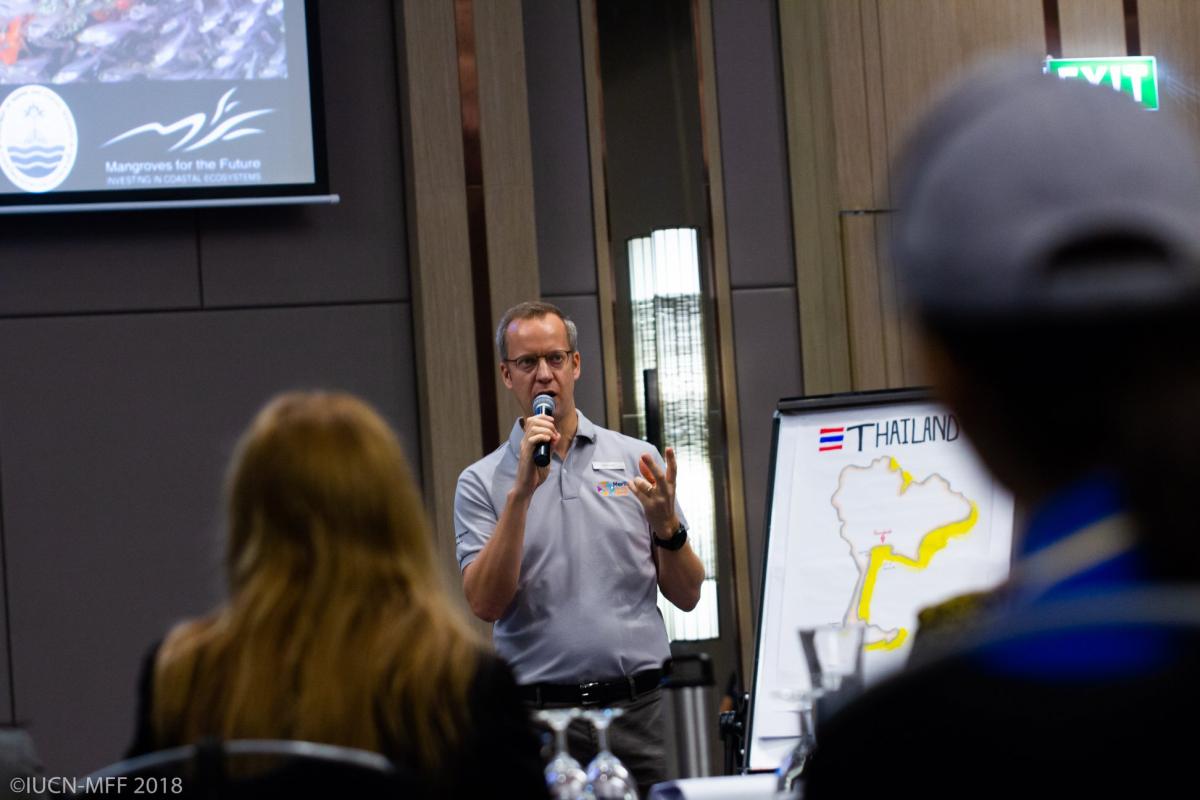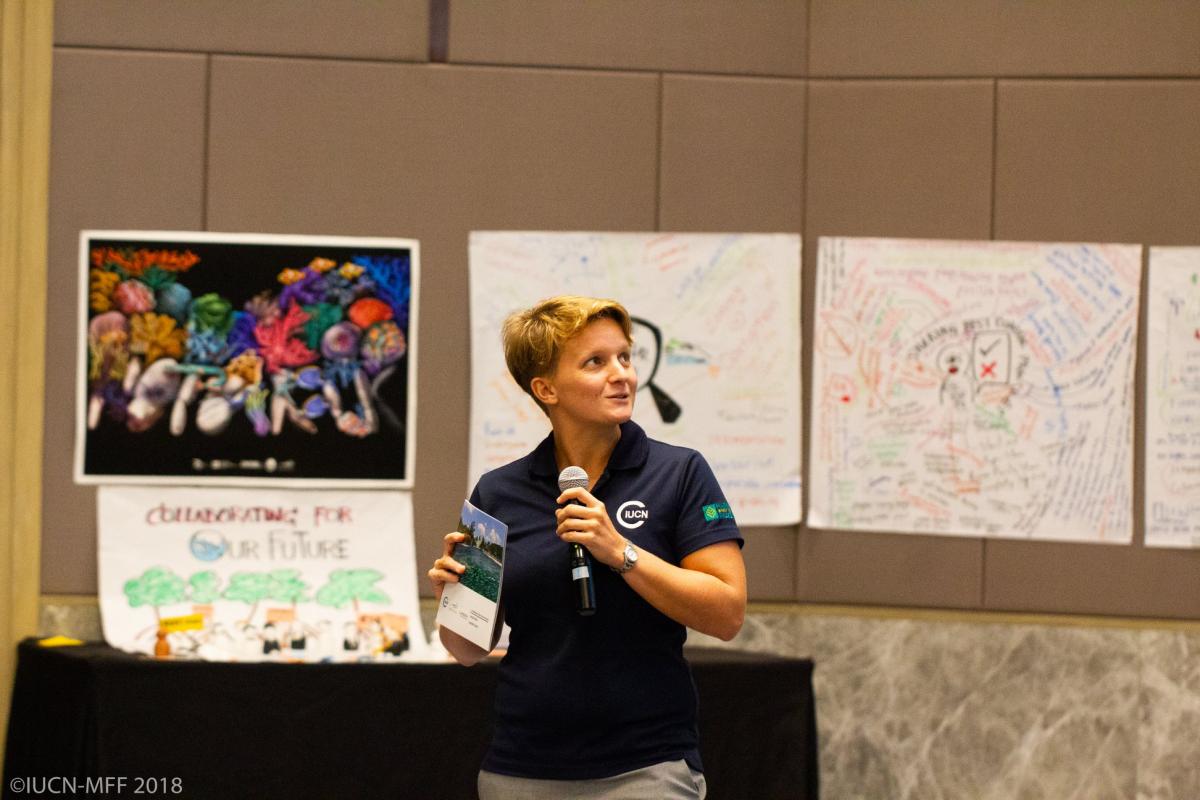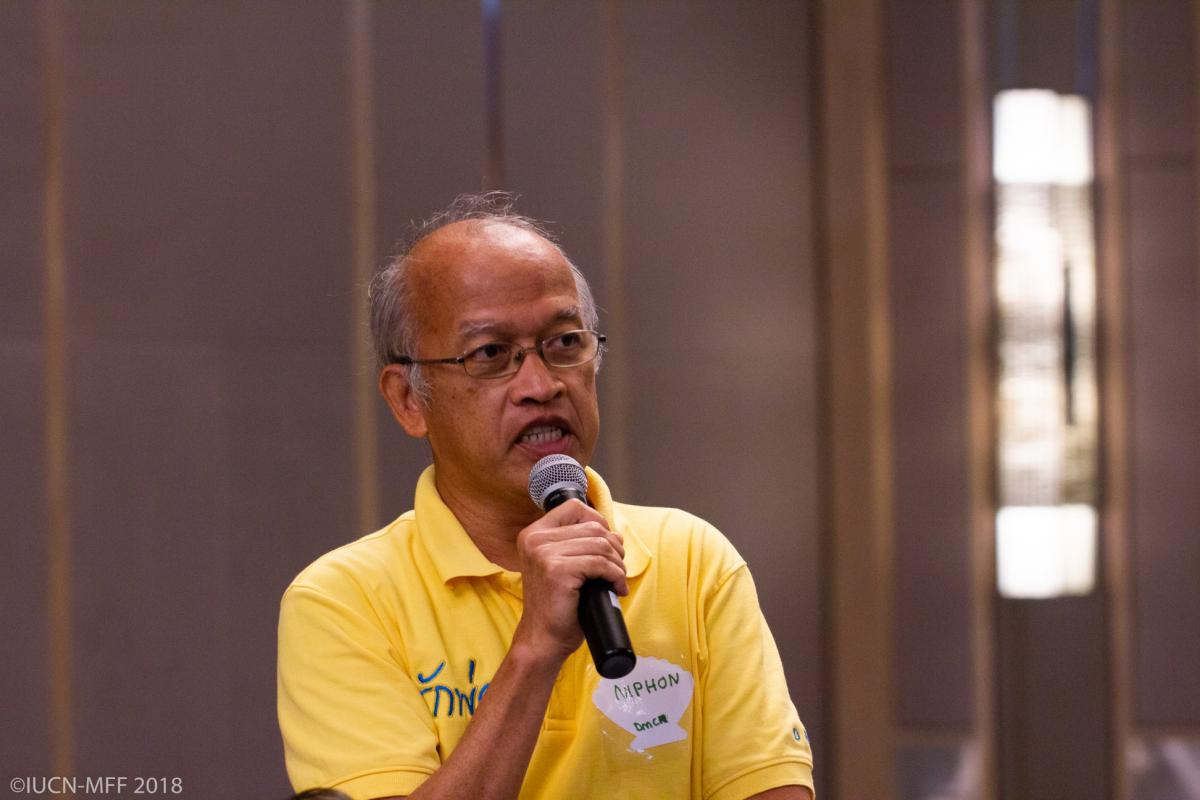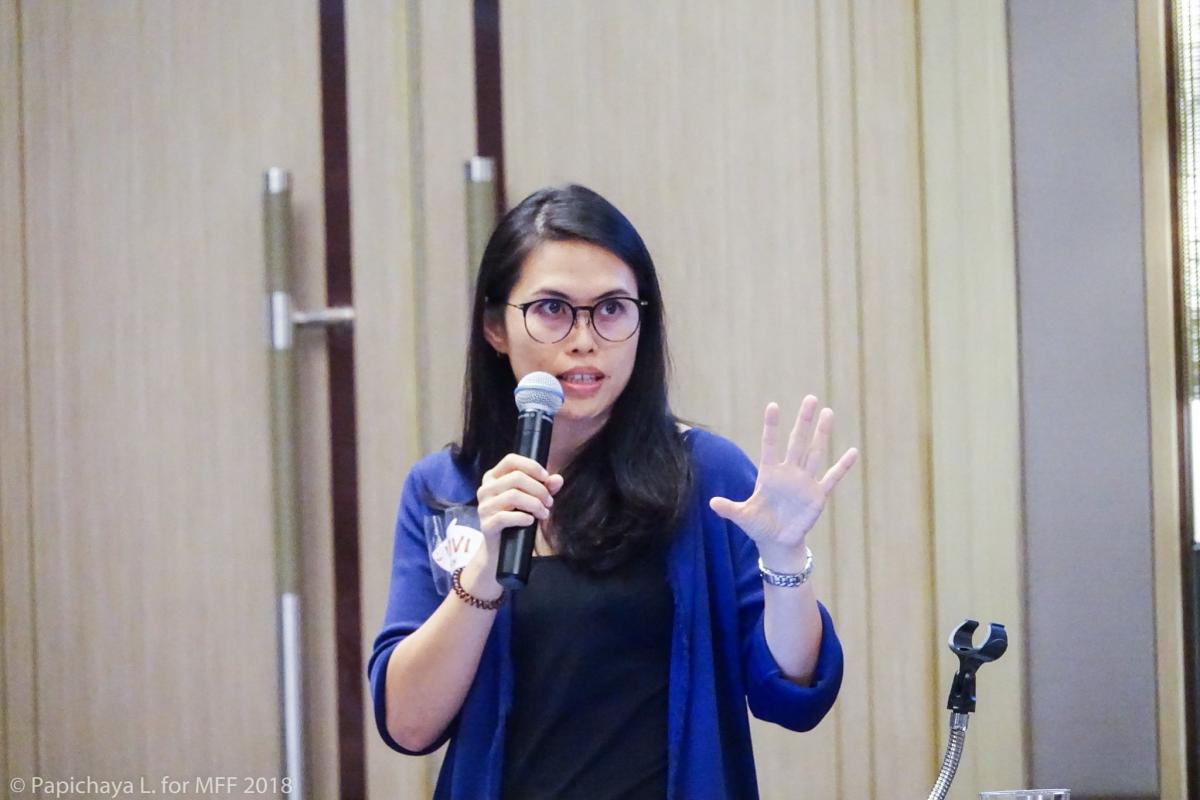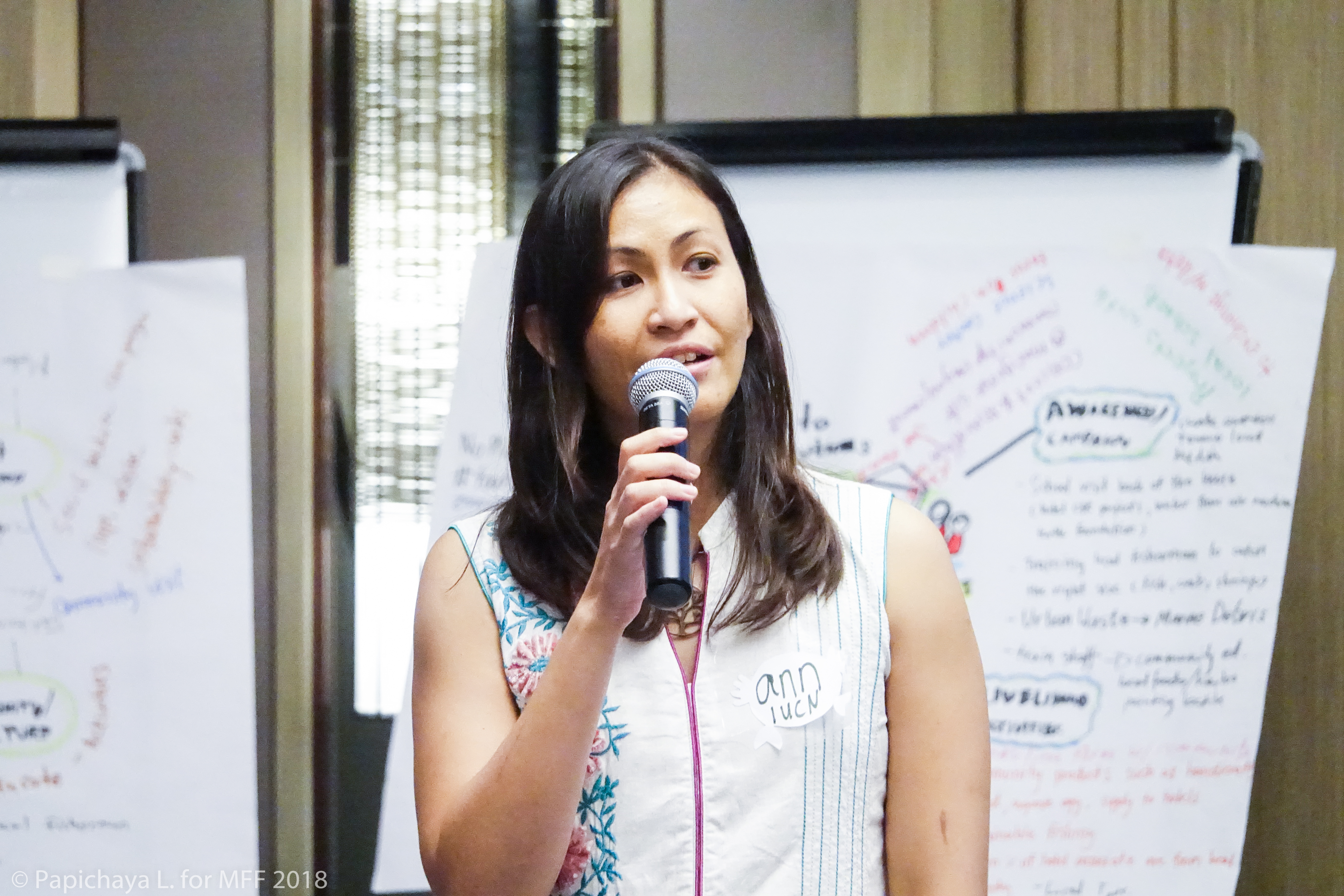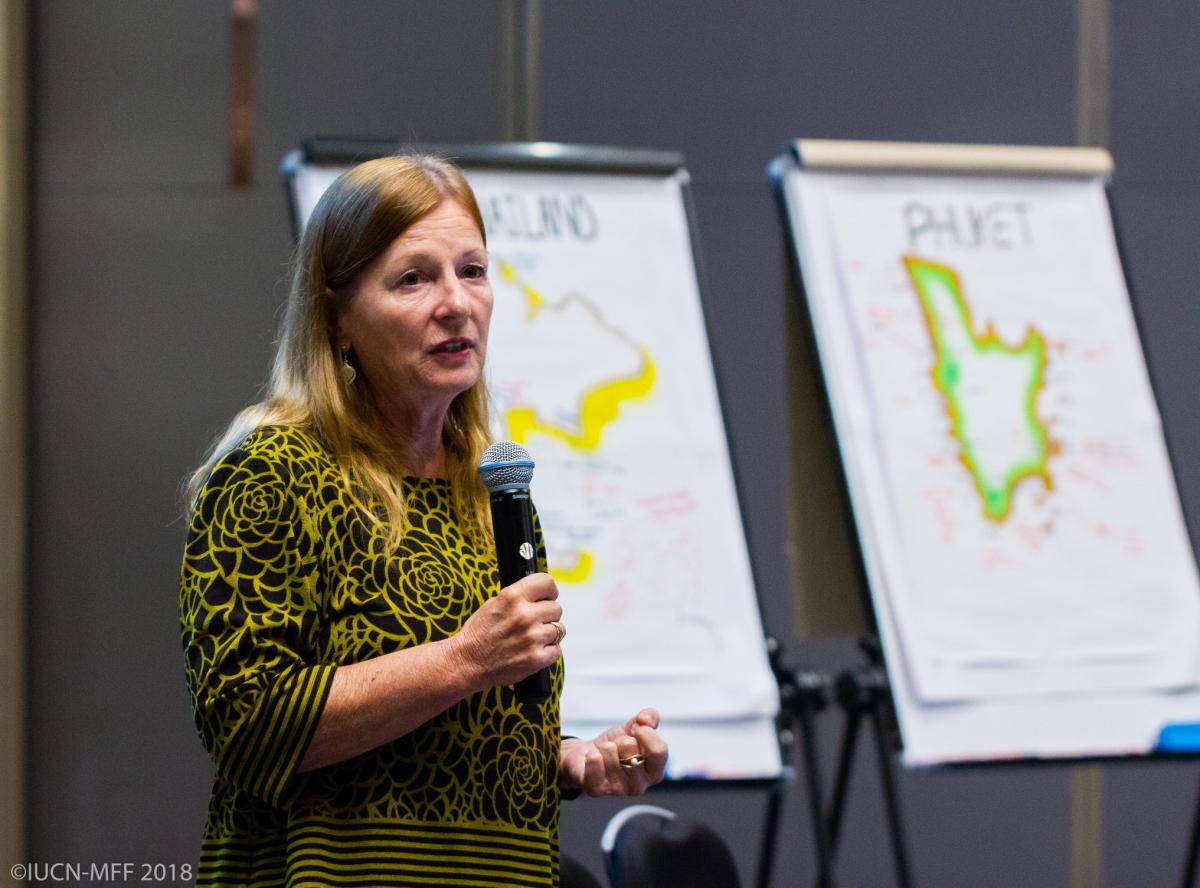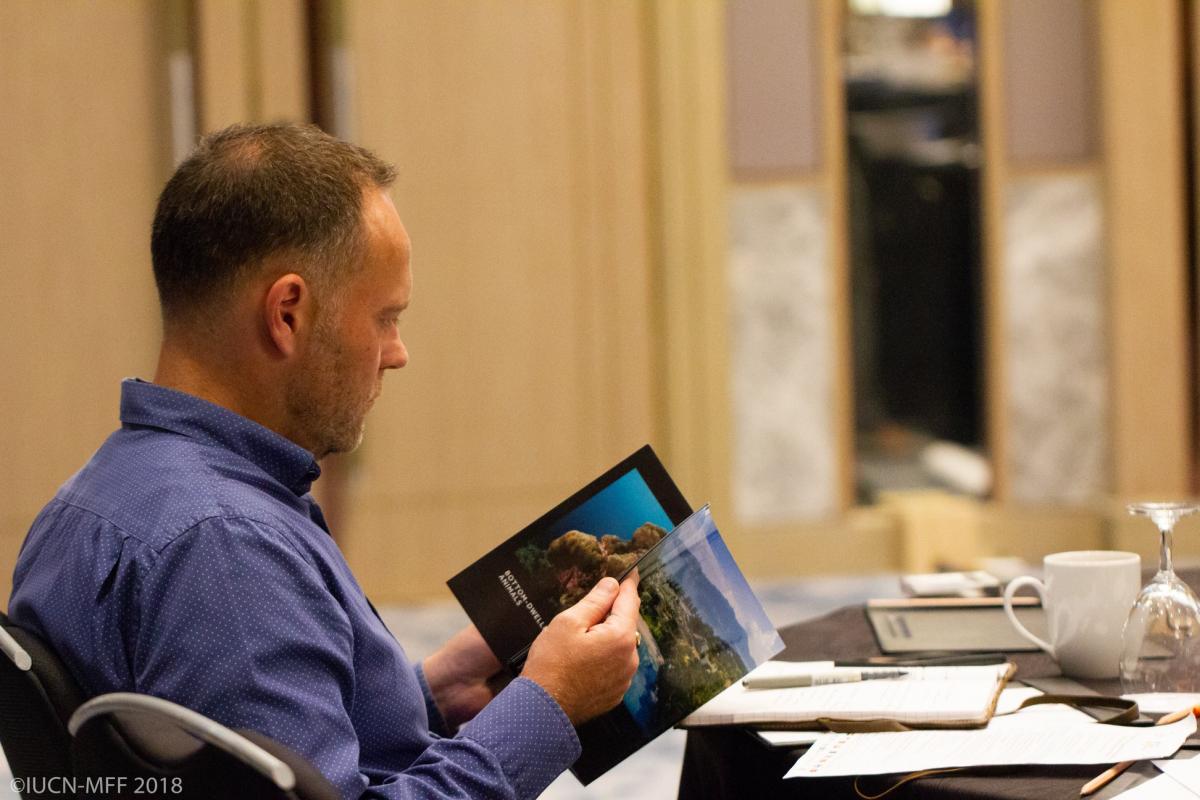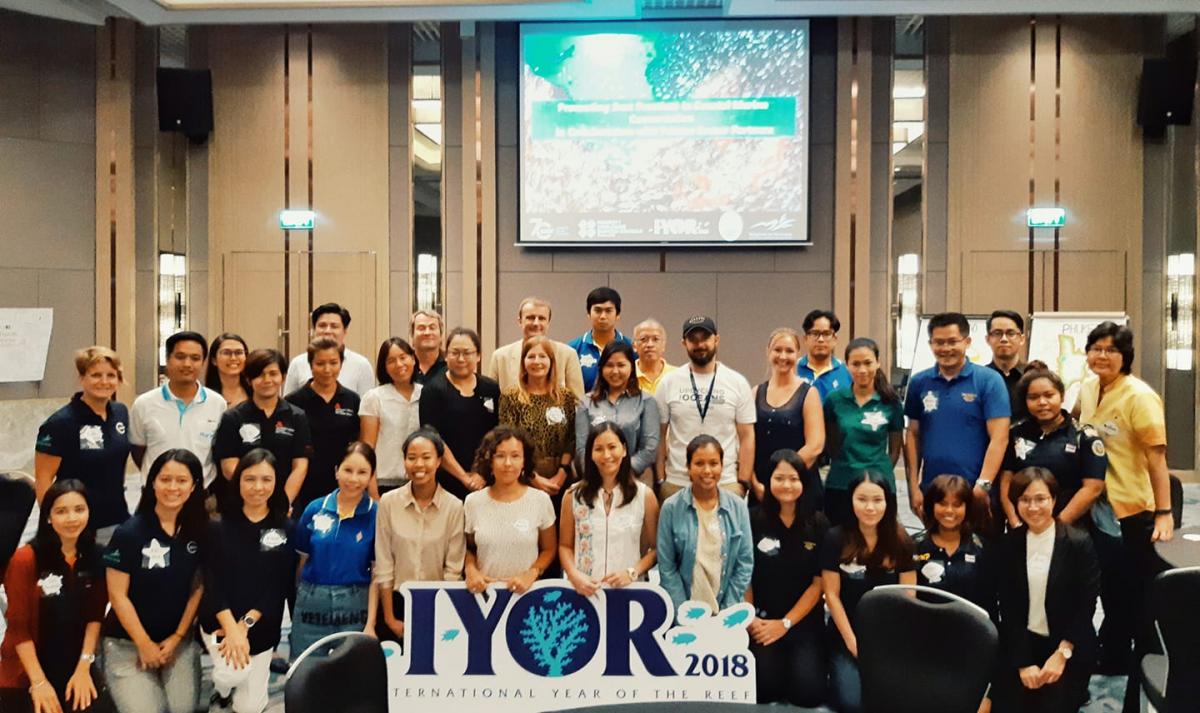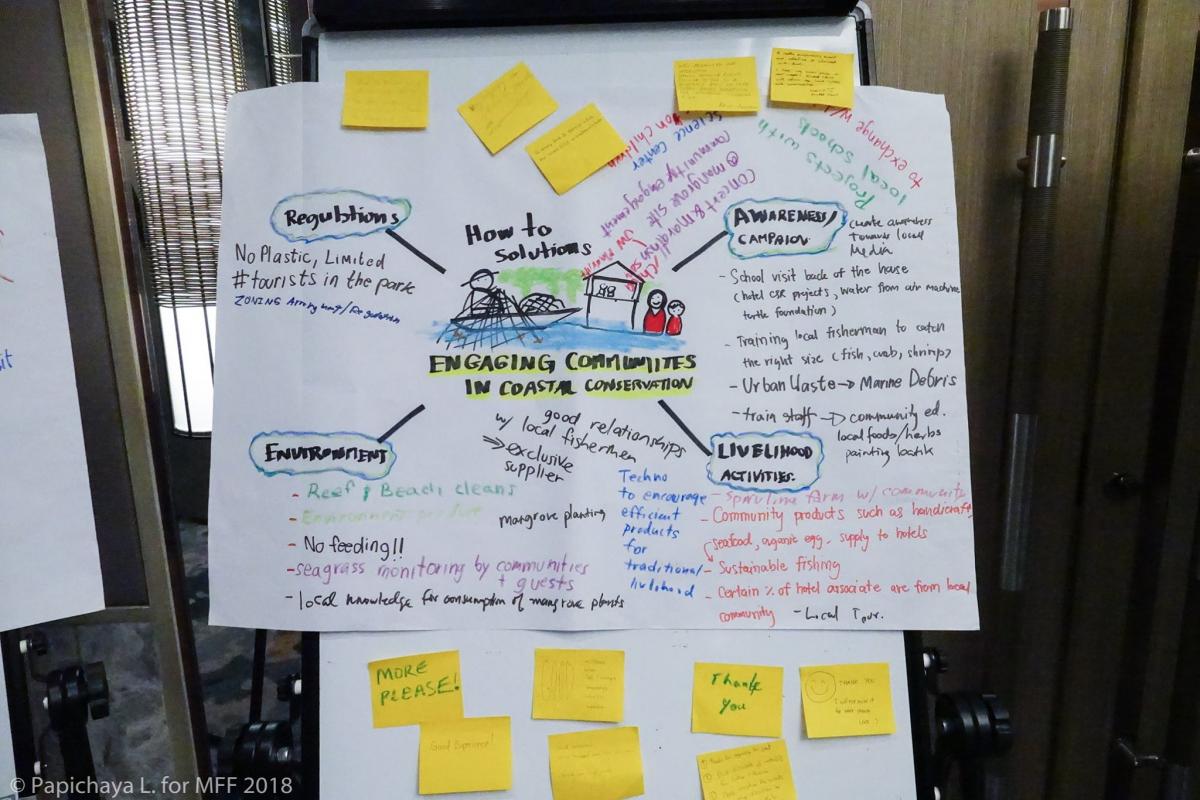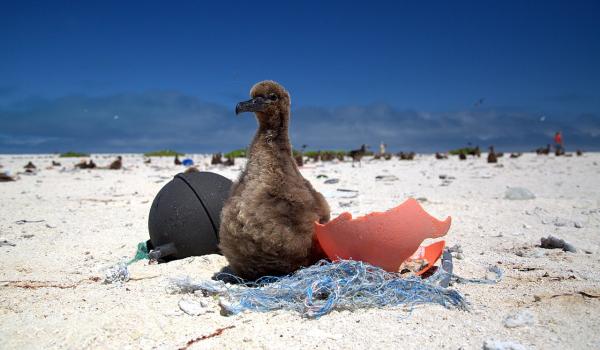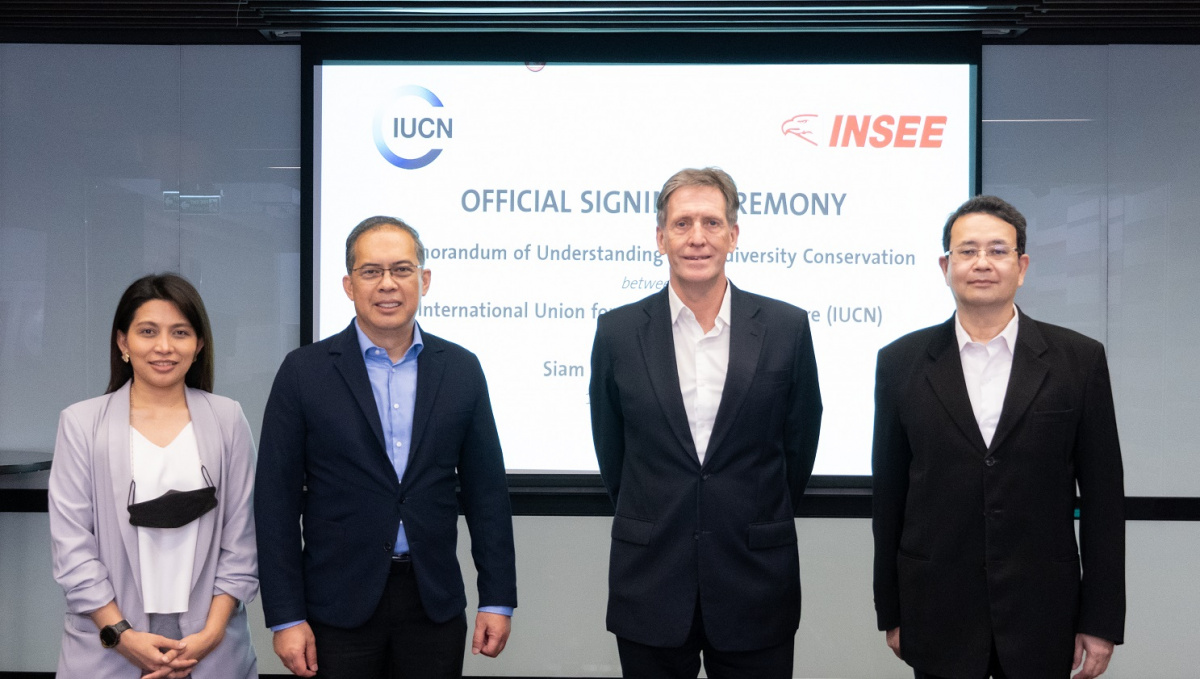International Year of the Reef: Joining forces to fight for the health of our oceans
“Collaboration,” “Education” and “Innovation” are three words that summed up a workshop on 20 July aimed at promoting best practices in coastal and marine conservation among the private sector.
The event, hosted by IUCN, Mangroves for the Future (MFF) and the Marriott Thailand Business Council to celebrate the International Year of the Reef, convened businesses, government agencies, and non-profits to discuss the threats to Thailand’s coastal ecosystems and how to minimise future impacts.
“Our team here is very proud to be able to host this workshop, as conservation is an integral part of our hotel’s strategy,” said Jan-Hein Breitschaft, Director of Rooms at Marriott Merlin Beach in Phuket, where the workshop took place. “We even have our own reef right on our doorstep, where Kathryn Bimson from IUCN has been doing a great job educating our guests about marine biodiversity.”
Representatives from around 20 businesses and three government agencies attended the workshop, providing a range of experiences and new ideas to address coastal ecosystem degradation. The participation of so many companies, including international hotel groups, suggests that the private sector in Thailand is serious about conservation, and is ready to tackle the current challenges to ecosystems and biodiversity.
Event topics included the IUCN-Marriott partnership, the importance of protecting and restoring reef ecosystems throughout southern Thailand, and the urgent issue of marine plastic pollution – a concern being addressed by the Phuket Hotels Association. The new IUCN-Toyota business and biodiversity platform – the Thailand Bio-Diversity Network Alliance (B-DNA) – was introduced, and some private sector conservation-related initiatives, such as mangrove restoration efforts in Hua Hin, were presented by local wellness resort Chiva Som.
Kathryn Bimson highlighted the IUCN-Marriott partnership which led to the development of an on-site Reef Education Centre, and announced that “the partnership has collaborated with MFF to produce House Reef Marine Guides with three additional Marriott hotels in the area.”
“I think hotels can do a lot for coral reef conservation,” added Dr. Niphon Pongsuwan, a coral expert from the Department of Marine and Coastal Resources (DMCR), “by committing to the promotion of environmentally friendly guidelines for the guests and instructing guests on how to enjoy the reef in a sustainable way.”
Siriporn Sriaram, MFF Thailand National Coordinator, highlighted the Marine Plastics and Coastal Communities (MARPLASTICCS) project, funded by the Swedish International Development Agency, which aims to facilitate the development of national action plans and regional frameworks to control plastic pollution.
The private sector in Thailand will play a pivotal role in protecting and restoring the country’s coastal ecosystems, and through public-private sector partnerships and platforms such as Thailand B-DNA, this process will be streamlined to produce tangible results.
“Private sector entities engaged in transforming their businesses to be more sustainable and to minimise impact on the environment must see beyond the Corporate Social Responsibility and the Risk Mitigation aspects of corporate sustainability” said Ann Moey, Head of Communications and Private Sector focal point for IUCN Asia. “These companies should strive to truly incorporate sustainability and environmentally savvy practices into their core business, thus creating value.”
Workshop attendees were encouraged to pinpoint the most pressing issues for coastal ecosystems and discuss ways that the private sector can contribute to conservation effectively. The morning breakout groups identified current coastal issues, and shared best practices as well as visions and goals for future conservation. Participants then discussed possible solutions, such as engaging hotel guests and staff, engaging communities, and using new financing models. The results of these discussions, along with the networking opportunity offered by the workshop, laid a strong foundation for next steps.
Restoring Thailand’s coastal ecosystems is of utmost importance – and although the task is challenging, IUCN is confident that strong partnerships will yield good results.
“We cannot protect our environment alone,” said Ann. “All sectors of society – from the private sector to local communities – need to collaborate, engage in dialogue, learn from one another, replicate initiatives that work and avoid doing those that have failed. Besides educating hotel guests and staff, we also need to educate ourselves and jointly develop long-term actionable solutions.”
Mangroves for the Future (MFF) is a partnership-based regional initiative which promotes investment in coastal ecosystem conservation for sustainable development. MFF focuses on the role that healthy, well-managed coastal ecosystems play in build-ing the resilience of ecosystem-dependent coastal communities in Bangladesh, Cambodia, India, Indonesia, Maldives, Myanmar, Pakistan, Seychelles, Sri Lanka, Thailand and Viet Nam. The initiative uses mangroves as a flagship ecosystem, but MFF is inclusive of all types of coastal ecosystem, such as coral reefs, estuaries, lagoons, sandy beaches, sea grasses and wetlands. MFF is co-chaired by IUCN and UNDP, and is funded by Sida, Norad, Danida and the Royal Norwegian Embassy in Thailand.
